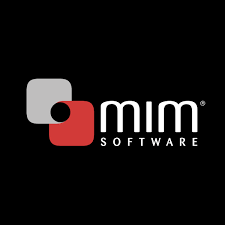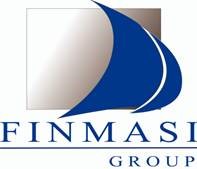
Our collection of resources based on what we have learned on the ground
Resources
Q&A
What effect has the ASEAN- China Free Trade area had on China and ASEAN as a who...

- February 2015
- Free Access
The ASEAN–China Free Trade Area is the world’s largest free trade area in terms of population and third largest in terms of nominal GDP after the European Union and NAFTA. The original FTA reduced tariffs on nearly 8,000 product categorie...
Q&A
What is the significance of cross-boarder forex cash pooling in the Shanghai FTZ...

- February 2015
- Free Access
One often overlooked feature of the Shanghai FTZ is the unique advantages it affords foreign investors for transferring funds between their China domestic and overseas entities via two-way cash pooling. This refers to a transaction in which banks fac...
Q&A
What are the basic requirements for setting up a cross- boarder cash pool in the...

- February 2015
- Free Access
• All companies involved must have positive equity. • The participating company must be part of the same parent company (i.e., cannot be in a Sino-foreign JV). If the overseas company has multiple subsidiaries in China, only one may be id...
Q&A
How do you establish a cash pool in the Shanghai FTZ?

- February 2015
- Free Access
The procedure for establishing a cash pool differs between RMB and foreign exchange denominated transfers. In both cases, the participating enterprise must sign a contract with a bank in China stipulating the terms of the inter-company loan and descr...
Q&A
How should foreign investors adapt when setting up a wholly foreign owned enterp...

- February 2015
- Free Access
Foreign investors need to adapt their presence to serve China’s domestic consumer market. To engage in distribution, an existing manufacturing wholly foreign-owned enterprise (WFOE) will need to expand its business scope. Adding distribution in...
Q&A
What are China's regulations on granting Double Taxation Avoidance?

- February 2015
- Free Access
Before it will grant DTA (Double Taxation Avoidance) relief from Withholding Tax on dividends, interest or royalties, the SAT (State Administration on Taxation) must be satisfied that the applicant company in a DTA partner jurisdiction is indeed the ...
Q&A
When is withholding tax charged in China?

- February 2015
- Free Access
Withholding Tax (WT) is charged on an array of service fees billed by a company in its home jurisdiction to a company (either a client or subsidiary) in China for services provided by the former to the latter. As corporate income tax (CIT) cannot be ...
Q&A
What are the different types of distribution which wholly foreign owned enterpri...

- February 2015
- Free Access
The different types of distribution which can be carried out by WFOEs in China are as follows: Retailing: i.e., selling goods from fixed venues or via television, telephone, mail order, internet, or vending machines, and related services.&nb...
Q&A
Why is the significance of permanent establishment in DTAs?

- February 2015
- Free Access
Permanent establishment (PE) – defined as a fixed place at which the business of an enterprise is carried out in a given country. If a non-resident enterprise (in terms of China) is a tax resident of a jurisdiction that has a DTA in place with ...
Q&A
What is the main objective for the revised Environmental Protection Laws and how...

- February 2015
- Free Access
Overall, the revised law emphasizes the principles of transparency, accountability, rule of law, and public participation in environmental monitoring. These make it inevitable that the costs of doing business in China for foreign-invested enterprises...
Q&A
What is the methods of applying for DTA benefits in China?

- February 2015
- Free Access
For foreign investors doing business in China, securing DTA benefits is an important measure for reducing the tax burden as stipulated by Chinese tax law and thereby maximizing profit. In addition to satisfying the specific requirements of the releva...
Q&A
How are individuals taxed in Hong Kong, and who must file annual tax returns in ...

- February 2015
- Free Access
Individuals are taxed at a progressive rates on their net chargeable income (i.e assessable income after deductions and allowances) starting at 2% and ending at 17% or at a standard rate of 15% on net income (i.e. income after deductions), depending ...
Enquire for more information about our services, and how we can help solve challenges for your organization
Contact UsOur Clients
Discover our esteemed global clients across diverse sectors. We believe in providing our clients with exceptional service and a commitment to being their partner for growth in Asia.
See what our clients say about us



























